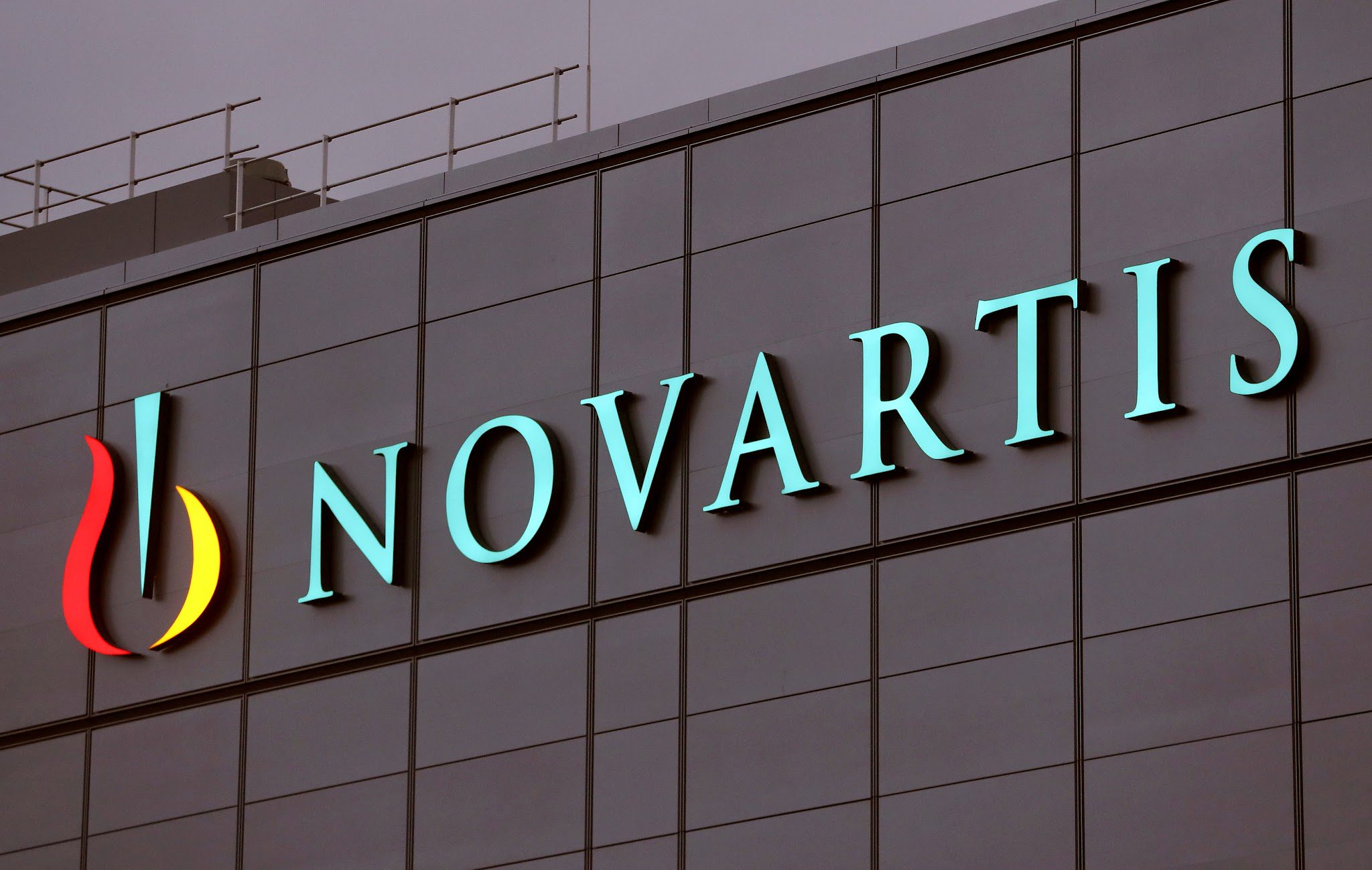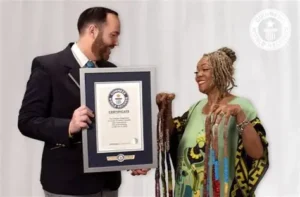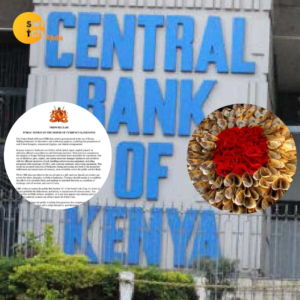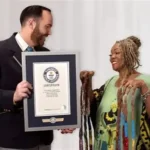Novartis plans to roll out an App that will be used to document and share the diagnosis of babies with sickle cell disease in the country.
The Novartis Africa Sickle Cell Disease program is implemented through public-private partnerships with local governments, as well as collaborations with universities, patient groups, professional societies and
other organizations.
This is a partnership between Novartis announced and the American Society of Hematology (ASH) to provide six additional African nations with technology that is already being used in Ghana.
The Head of Novartis sub-Saharan Africa, Racey Muchilwa, said early
diagnosis through new-born screening programs, prophylactic therapy,
comprehensive care programs including hydroxyurea therapy are effective to improve access to existing therapies.
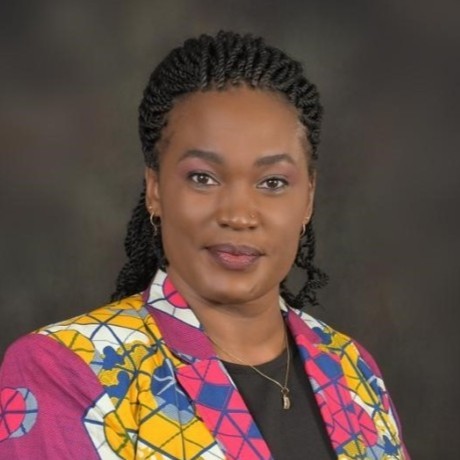
Head of Novartis sub-Saharan Africa, Racey Muchilwa [Courtesy]
“Sub-Saharan Africa has the highest SCD burden in the world and this partnership is a testament to our long-standing commitment to provide a comprehensive approach to disease management that encompasses early
intervention strategies, such as screening and diagnosis; follow-up treatment such as Hydroxyurea; research to investigate new treatments; and education and advocacy to improve access to existing therapies,” said Racey Muchilwa.
“Approximately 300,000 children are born with sickle cell disease each year, and around 75% of those are born in Sub Saharan Africa,” noted Dr Bernard Awuonda, Consultant Paediatrician and Consortium on New-born Screening in Africa (CONSA) project lead in Kenya. “Despite this, no country in our region has adopted a universal new born screening program, making agreements like this all the more crucial in bringing hope to babies and their parents,” he added.
The partnership with ASH’s Consortium on New-born Screening in Africa (CONSA) will provide standard-of-care practices for screening and early intervention therapies at participating institutions in seven countries: Ghana, Kenya, Liberia, Nigeria, Uganda, Tanzania and Zambia.
The World Health Organization estimates that Africa has the highest burden of children born with Sickle cell disease 50%–90%.
CONSA screens 10,000 – 16,000 babies per year in each country and provides clinical follow-up for babies living with SCD1. The app will be used to collect and store data including screening results and medical histories for those people diagnosed with SCD. It has the benefit of tracking patients and migrating them to clinical enrolment for further care.
“ASH is excited to partner with Novartis to expand its current newborn screening consortium to new areas, with the implementation of digital tools to collect vital information. As we learn together about the implementation of early diagnosis and treatment, we will be able to show
national and international partners the value of this work in saving lives,”
said ASH President Jane N. Winter, MD, of the Robert H. Lurie Comprehensive Cancer Center at Northwestern University’s Feinberg School of Medicine.
The app allows offline data collection when internet connections are down, and then syncs the data once the connection is restored.
In addition to screening, access to timely treatment is also critical. Hydroxyurea (HU), the current global standard of care for SCD, will be made available in more facilities participating in CONSA.
The Novartis Africa Sickle Cell Disease program is implemented through public-private partnerships with local governments, as well as collaborations with universities, patient groups, professional societies and other organizations.


